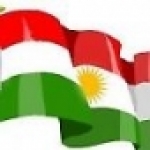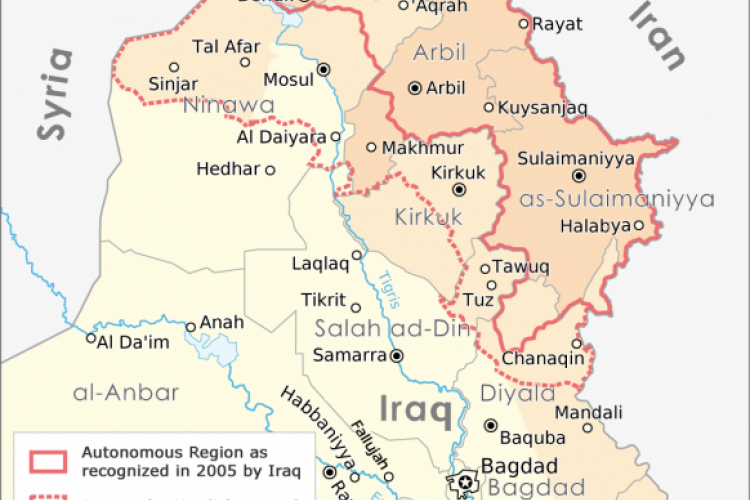RESCUE DAWIT ISAAK
While we cannot be sure that there is a heaven, this past week we received partial confirmation that hell is a reality with a known location. Its address is the infamous Eira-Eiro prison in Eritrea, ten miles north of the capital city Asmara, where currently over thirty high-level political prisoners of the Eritrean regime are held. One of them is the journalist Dawit Isaak, a Swedish citizen, who was first detained in 2001. He was briefly released in 2005, only to be rearrested again within days. In all of his eight and a half years of detention, he has never been formally charged with a crime. Isaak and nine journalist colleagues were arrested seemingly for nothing more than criticizing lack of press freedom and democratic debate in Eritrea.
The most recent revelations of a former prison guard who managed to flee to neigboring Ethiopia this past January and whose information was first reported in Sweden in April, make clear that Isaak and other inmates are kept in almost unimaginably horrendous conditions. They are not allowed any contact with the outside world or with each other. Their cells are brutally hot almost all year round. They are constantly shackled and the only time they leave their cells is to spend one hour per day in a walled courtyard measuring four square meters. The men receive virtually no medical care, and many appear to be psychologically broken. According to the former guard, who fled because he feared for his own life if the prisoners died, the deprivations suffered by the inmates are "worse than torture".
Under pressure from critics, the Swedish government has repeatedly refused comment, asserting that it is doing everything it can to rescue Dawit Isaak. The Swedish public, Isaak's family, and human rights activists are increasingly concerned, however, that Isaak, who suffers from severe diabetes, may be lost before help reaches him. Their concerns appear well justified, especially since several of the prisoners have already succumbed to the harsh treatment.
In spite of assurances from Swedish Foreign Minister Carl Bildt that Sweden is leaving "no stone unturned," it came as no surprise last week that Swedish officials so far have not bothered to interview the escaped prison guard (although the Swedish Ministry of Foreign Affairs clearly has received a detailed account of his statement from a number of sources). In a formal reply to questions raised by a Swedish Parliamentarian last month, Bildt said that the Foreign Ministry will handle the "new" information as it always does: It will carefully evaluate it and then decide how it can be followed up. It is difficult to imagine that the Swedish Foreign Minister had no information about the prison guard's story before it finally broke in the Swedish press. The evaluation process, therefore, should be well advanced by now, not just beginning.
Even more upsetting is the statement given by Swedish Prime Minister Fredrik Reinfeldt to a Swedish TV journalist a few days ago. When asked why the government had not interviewed the Eritrean guard, Reinfeldt replied that he is "not familiar with all the details of the case" and that he does not "oversee" the Foreign Ministry's handling of the issue. One is tempted to ask, how is such bland detachment possible, if the rescue of Dawit Isaak truly ranks as a key priority for the Swedish government?
We would like to stress that we do not completely discount the value of silent diplomacy. There are definitely times and uses for it. But the current scenario raises too many red flags to maintain that strategy. If, as Carl Bildt says, the Swedish Foreign Ministry needs more time for "evaluation", this does not suggest that Swedish officials are ready for decisive action. While we fully appreciate the enormous difficulties and complexities of the case, the question that presents itself now most urgently is, What can we all do together to save Dawit Isaak before it is too late? Efforts at the EU level, such as seeking the suspension of aid to Eritrea as well as applying diplomatic pressure on the regime, are vitally important. The EU process, however, is slow and bureaucratic, and the representatives' attention is diverted by the spreading global financial crisis.
We strongly believe, therefore, that the battle has to be taken directly to Eritrea. President Afewerki has to be prevailed upon to accept a credible emissary who negotiates Dawit Isaak's release. At the same time, the Eritrean regime's blatant violation of international humanitarian conventions for the treatment of prisoners, such as ensuring adequate food, medical care and other basic rights, needs to be highlighted in the most stringent terms. A Swedish or international medical team - under the auspices of the International Red Cross or an organization such as Doctors without Borders - should be placed on 24-hour stand-by to leave for Eritrea. The Eritrean government should be requested every single day to give clearance for such a visit. That would highlight the problem while also underscoring the most necessary action to be taken this very instant. The idea that President Afewerki cannot be dealt with, that he is worse than any other dictator, is a fallacy. Sweden and the EU must now send a strong signal. They must officially and publicly demand access to a prisoner who is not only a full Swedish citizen, but also an EU citizen (its only prisoner of conscience). Dawit Isaac, tragically, stands as a symbol for the continued suffering of the victims of human rights abuses world wide. If democratic governments fail to firmly stand up to such outrages, they not only lose credibility but become passive aides of the torturers who commit these crimes.
May 19, 2010







